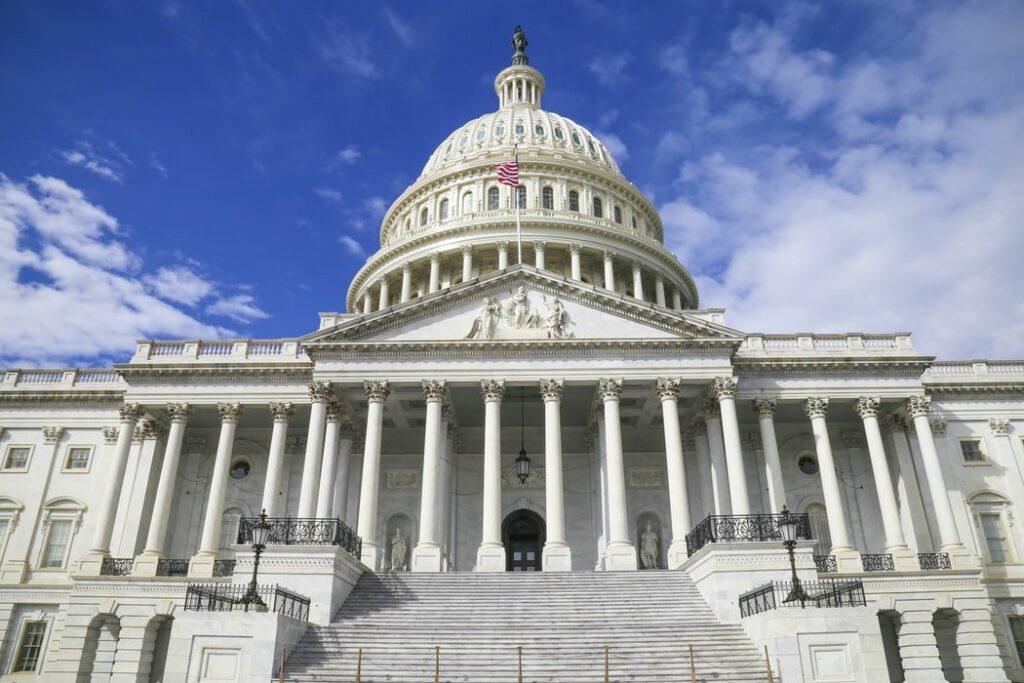Our Managing Partner, Lupicinio Rodríguez, and our Of Counsel, Jose Luis Iriarte, have analysed in detail the future of international sactions. What will happen when Biden takes office as the new President of the United States of America?
You can read the article in Expansión through this link or read it below.
BIDEN ON INTERNATIONAL SANCTIONS (Translated from Spanish original)
Now, with two months to go before the new President-Elect of the United States of America takes office, it is a good time to ask what the new Administration’s position will be on international sanctions. It should not be forgotten that America is the main global player when it comes to imposing sanctions and trade restrictions aimed at achieving political objectives and President Trump has been particularly aggressive in this area.
It is not easy to answer this question. International politics did not play a major role during the election campaign, which focused on problems that are more immediate and closer to citizens (COVID, the economy, employment, immigration, etc.). On the other hand, it is very important to wait and see what appointments Biden makes, particularly those of Secretary of State and National Security Adviser. In addition, the new president is going to take up his post at 78 years of age, that is, at an age that may mean that he can only hold a mandate, and this may be a major conditioning factor in that he will always be a “lame duck” who finds it difficult to implement decisions of genuine significance. Finally, it seems that the Republican party is going to continue to control the Senate and this body plays a very important role in international relations. For all these reasons, it is perhaps too daring to suggest that Biden is going to attempt to resume President Obama’s foreign policy; although this may be his wish. However, the conditions we have pointed out are going to make it difficult for him to achieve this wish. In principle, a Democratic Administration will always be more inclined towards multilateralism than a Republican one, and in trade matters it will be less protectionist, which will have important consequences on relations with China.
Despite all that we have said, we can see some predictable behaviour by the new Administration in terms of international sanctions. There is a certain consensus, and in this respect the recent statements by Josep Borrell in his role as European Union High Representative for Foreign Affairs and Security Policy are very significant, that the United States will rapidly return to the Joint Comprehensive Action Plan (JCPOA) agreed on with Iran. Certainly one of Trump’s harshest and most incomprehensible behaviours was to abandon the JCPOA, despite the fact that the Islamic Republic of Iran had scrupulously fulfilled its obligations under it. What is more, America not only left the PAIC unilaterally but also introduced serious Secondary Sanctions in several basic sectors (automotive, payments, etc.), which have had the effect of stopping many economic operators from third countries from working with Iran. Everything suggests that the new administration is going to return to the nuclear agreement with Iran, which is also of economic interest to the United States and an important step towards stability in the Middle East as a whole. The improvement in Iran’s situation will probably be accompanied by a guarantee to the Arab states of the Persian Gulf of protection from a “feared” Iran. In turn, the Arab world will progressively strengthen its relations with Israel, following the recent example of the United Arab Emirates.
As for the sanctions against Cuba, it should be remembered that Biden said during the election campaign that Cuba is further from freedom and democracy today than four years ago. Indeed, the Obama Administration developed a policy of rapprochement and relaxation towards the Caribbean island; however, during his term of office President Trump has constantly extended the restrictions on Cuba, even to the point of activating the application of Title III of the Helms-Burton Act. With these precedents it can be presumed that Biden will begin to slowly and progressively reduce the sanctions against the Cuban regime, but we do not believe that in four years’ time the situation will be identical to that which existed at the end of the Obama presidency. It will be very different if there are two Democratic presidential mandates in succession. It is possible that the Biden Administration will expand trade, economic and political relations with Cuba, facilitate travel to the island, as well as the sending of money, increase consular staff and be less resistant to tourist travel. But we do not believe that in the short/medium term there will be a reduction in the number of Cuban individuals and companies named on the lists of those sanctioned, nor do we foresee that the application of Title III of the Helms-Burton Act will be suspended, and especially when there has not been an avalanche of lawsuits based on it and Federal Judges are hesitant to interpret and apply it.
With respect to other US sanctions regimes, it should be remembered that Biden has stated that Trump’s attitude is the worst for democracy in places like Cuba, Venezuela, North Korea and others. The President-Elect seems to be aware that the path of sanctions is not the right one for achieving political objectives. It is therefore foreseeable that, in his relations with Venezuela, for example, he will display a more moderate policy based on dialogue and de-escalation and also fostering relations with less radical opponents who seek outlets through dialogue; thus, in the aforementioned case of Venezuela, it would not be surprising if he were to facilitate the withdrawal of support for Guaidó and the progressive return to the Bolivarian state of the assets it has seized. This would be reasonable from the point of view of international law, which has been very badly handled by Donald Trump.
Up to this point we have made some predictions that we consider reasonable with the data we now have; however, the future evolution of the Biden Administration’s international sanctions policy may be determined by unpredictable factors.


Lupicinio Rodríguez Jose Luis Iriarte
More information:
C/ Villanueva 29, 28001 Madrid
T: +34 91 436 00 90
Av. Diagonal 520, 08006 Barcelona
T: +34 93 488 28 02
info@lupicino.com






